
Roots to Recovery is a dually licensed outpatient program offering substance use and mental health treatment. We provide two levels Play and the joy it brings helps us feel alive, connected and positive. It can be a special form of We’re a lot more like trees than we realize. We are both rooted in the earth and reaching for the Graduating high school by 18? Purchasing a house by 26? Getting married before you’re 30? Or maybe it’s some other At this time of the year, I am always in awe of the spirit of generosity that blankets The Center for Great Expectations, and the sense of gratitude that fills its residents. The Department of Health’s recently released “New Jersey Maternal Mortality Report 2016-2018” brings to light important factors related to New Jersey’s unfortunate distinction. In the northern hemisphere, it’s the time of year when we move from light to dark, from the radiating, outward energy of the summer sun to the reflective, inner realm of the winter moon. Earlier and earlier each day, I find myself calling out to my children in the yard, “It’s time to go inside!” In some communities, we see candles in pumpkins, lights strung on porches and tables prepared for harvest gatherings. As the days draw short, we find ways to bring light to the long dark days. CGE’s Early Relational Health Specialists refer children over three to our local Head Start Program, informing clients of the program’s many benefits available to them as they transition back into the community. A stone ceremony is a tradition that CGE has established to honor a mother’s time in our care. Each stone has a different message: Heal; Serenity; Love; Let go; Breathe; Wisdom; Inspire; Pray; Imagine; Pause; Faith; Relax; Trust. Stigma is defined as “a mark of disgrace or infamy.” The stigma of addiction – or the mark of disgrace or infamy associated with this brain disease – stems from negative attitudes towards people coping with substance use disorders. This discrimination comes from institutions, like treatment centers and hospitals as well as from family, friends and the general public who openly express their negative attitudes, thoughts and actions towards people living with the disease of addiction. According to the CDC, an increase in breastfeeding among Black women could decrease infant mortality rates by as much as 50%. Unfortunately, despite this health benefit, there are still many systemic barriers like poverty, early return to work, and access to breastfeeding information and support that make it difficult for Black mothers to breastfeed. Do substance abuse centers cling too tightly to outdated treatment methods? The reliance on abstinence-focused programs and the “28 Day Cure” suggests they do. It’s time to challenge the one-size-fits-all approach to substance use treatment and explore more nuanced, effective strategies. July is National Minority Mental Health Month. And it’s time those of us who are not a part of the minority community recognize the barriers this population faces when seeking quality mental health treatment. Lack of insurance. Lack of diversity among providers. Limited understanding of the different mental health needs across minority groups. Cultural insensitivities. All if these issues contribute to the lack of quality mental health care. Now add the stigma associated with seeking treatment for mental health issues and you start to see why minority communities are experiencing adverse mental health outcomes and increased suicides. Sharing my stories is the right thing for me to do for many reasons. I need to acknowledge how far things have come, and how far I have come. I need to be the voice that someone might need to hear — that, yes, I got through this, and you can, too, because you are not alone. Sitting in a church graveyard using drugs, this particular CGE client would tell herself over and over that tomorrow would be different. That thought she said, “Kept her alive.” Encouraging words are spoken. Laughs are shared. Tears are shed. Our Stone Ceremony is a deeply moving and powerful moment for CGE’s graduating residents. This special celebration is held whenever someone is ready to leave our women’s residential program. The clinical staff, the graduating resident, her peers, family members, sponsor and anyone else the graduate feels is part of her circle of support is invited to be there. The Build Back Better Maternal health provisions are long overdue and eagerly anticipated. Several organizations have formed in an effort to combat the rates of maternal mortality in our country—and, as noted in the Call to Action, they are among the highest in the developed world, and are especially high among Black and Native American women, regardless of income or education. New Jersey is ranked 47th in maternal deaths—or third worst in the nation. In NJ, a Black mother is 5X more likely to die than a white mother due to pregnancy complications. A Black baby is 3X more likely to die within the first year. According to the CDC, the leading causes of death among Black babies nationwide are low birth weight and preterm birth. That’s a question you never hear anyone ask. Probably because when people find out that a mother has a drug or alcohol problem, the first thing they say is, “Get her children away from her.” And at first, that sounds like exactly the right approach. But is it really? “Why?” That’s always the first question. “Why did she do it?” “Why didn’t she go get help?” “Why didn’t she tell anyone she was hurting?” That’s often followed by “How”. “How did we not know she was in trouble? “How could nobody have known she was so sad”? “How could someone so young, so beautiful, so accomplished, so special have chosen to end her own life?” Then of course, “What”, usually comes next. “What did we miss?” “What could we have done?” “What do we do now?” Santa has his elves and CGE, its volunteers. All are known for their hard work and dedication. Our volunteers make it possible for this season to indeed be “the most wonderful time of year” for clients and residents in all programs across CGE’s continuum of care. We know that trauma impacts development; CGE uses the ARC model (Attachment, Regulation, Competency) as an integral part of our Trauma C.A.R.E model. Developed by Margaret Blaustein and Christine Kinniburgh, ARC is a framework designed for intervention with youth and families who have experienced complex trauma. Infant loss takes many forms and, as individuals and as a society, we often lack the capacity to acknowledge, honor, and process the grief that accompanies it.

Judgement Free Zone: Roots to Recovery

The Role of Play in Recovery

Emotional Health: The Workplace as an Opportunity for Wellbeing
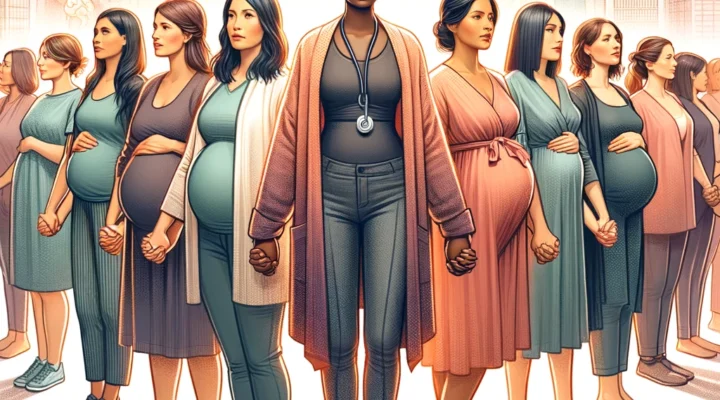
CGE Celebrates February’s Black History Month
As we celebrate Black History Month, it is crucial to shed light on the persistent disparities that exist in maternal

How do you define success?
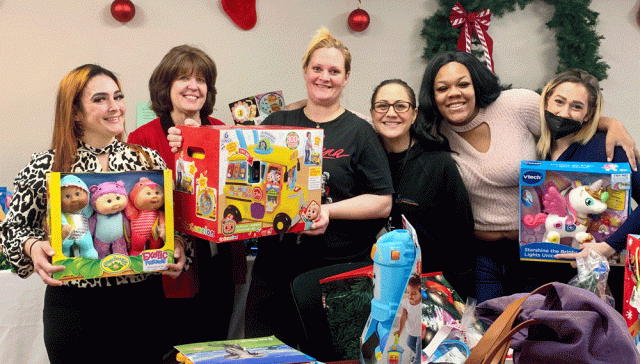
The Magic of Christmas
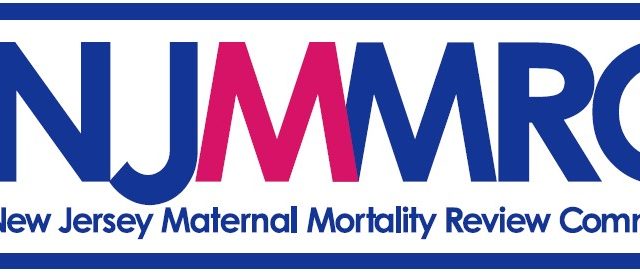
CGE’s Response to the New Jersey Department of Health 2016-2018 Maternal Mortality Report

It’s Time to Go Inside
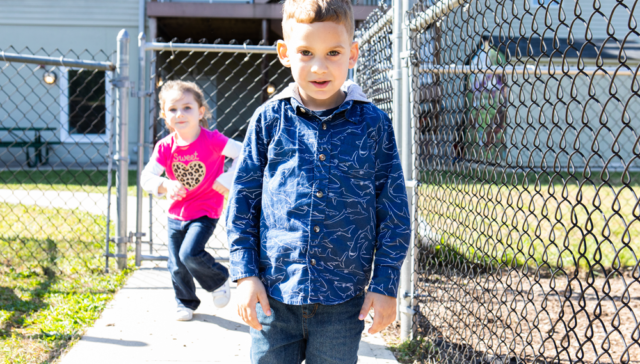
Getting a Headstart
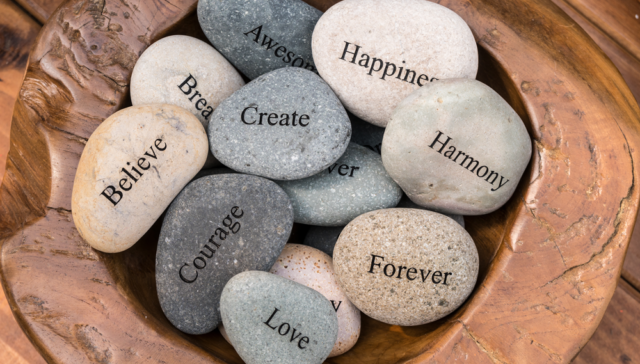
Recovery Month Reflection
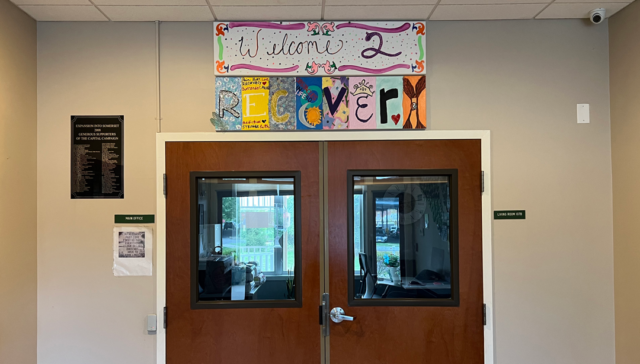
You again? The stigma of addiction I experienced firsthand.
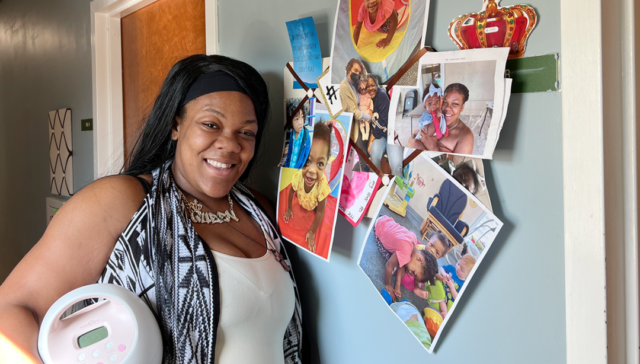
Despite its benefits, Black mothers still have to overcome a lot of barriers to breastfeed.
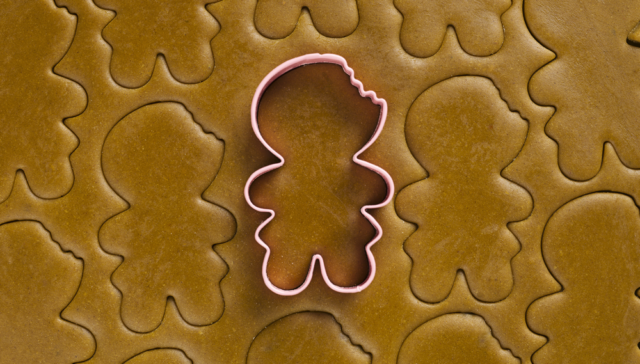
It’s time to stop the cookie-cutter approach to treating substance use.
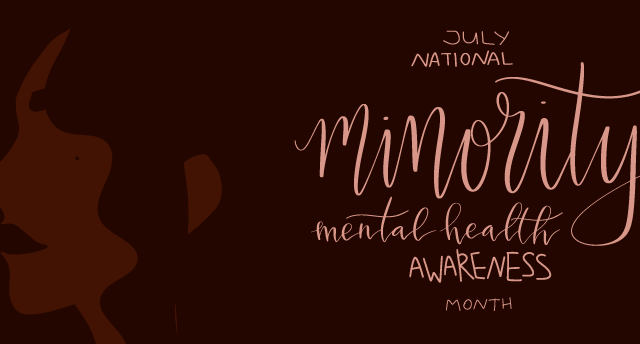
It’s 2022. Why are minorities still finding it hard to receive adequate mental health care?
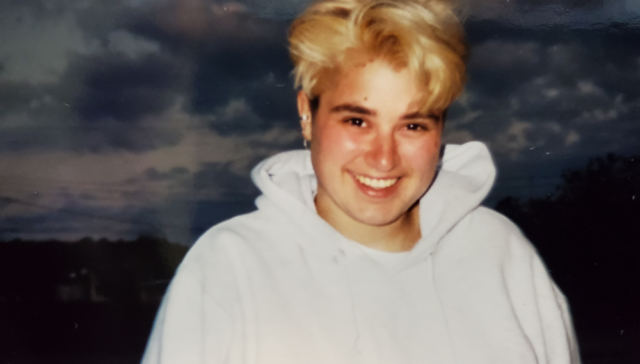
“I came out in 1992. Here’s what happened next.”

Using music to heal.
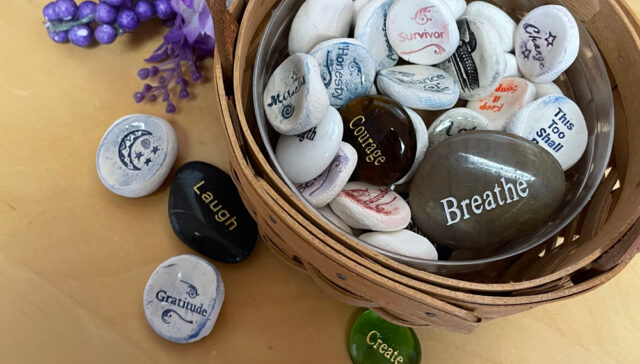
Like spring, our Stone Ceremony is a sign of renewal.
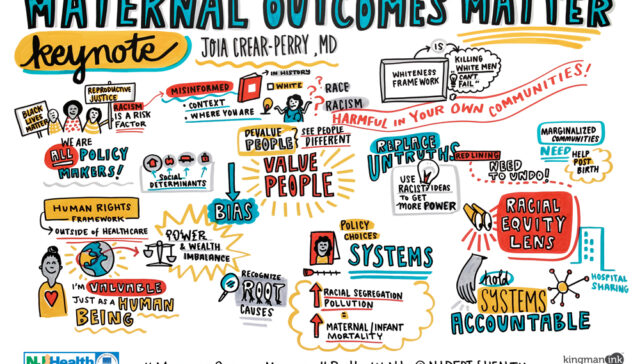
Build Back Better Maternal Health Provisions
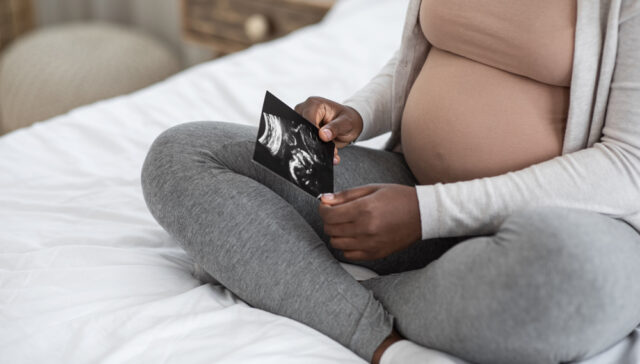
Something to think about during Black Maternal Health Week.
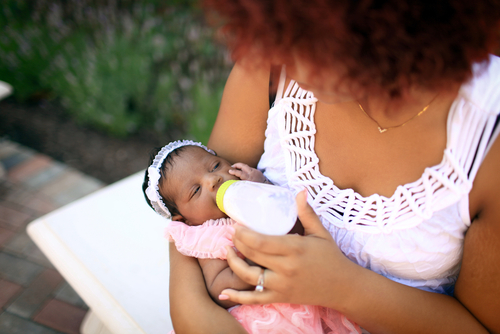
What if taking a child from the mother while she undergoes substance use treatment hurts the child more?

Surrounded by friends. Yet still feeling engulfed by darkness.

Santa Has His Elves. CGE Has Its Volunteers.
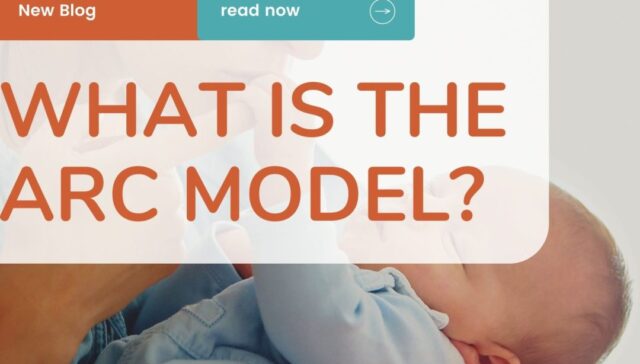
Bringing ARC to Life at CGE
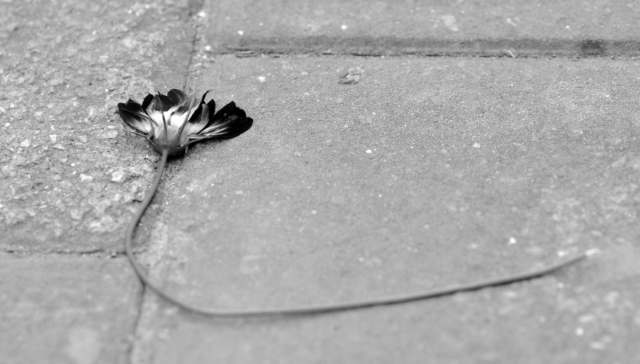
The Unimaginable and Disenfranchised Grief

